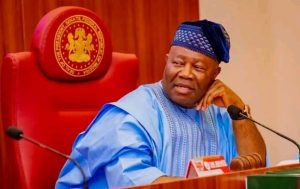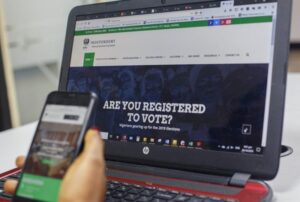
Nigerian telecommunications operators have started implementing the long-awaited 50 per cent tariff hike following regulatory approval from the Nigerian Communications Commission as lawmakers moved to halt the rollout, citing economic hardship.
The House of Representatives on Tuesday directed the telecom regulator and the Minister of Communications, Innovation, and Digital Economy to suspend the tariff increase, arguing that Nigerians cannot afford higher telecom costs amid rising inflation and the removal of fuel subsidies.
The tariff hike, which had been cleared by the NCC, was scheduled to take effect nationwide starting Monday. While MTN, the country’s largest telecommunications provider, had already started implementing the revised rates as of Tuesday, other key players—Glo, Airtel, and 9mobile—had yet to release their new pricing structure.

The House of Representatives intervention came after a motion of urgent public importance was raised by a member of the Peoples Democratic Party from Bayelsa State, Oboku Oforji during Tuesday’s plenary session.
Oforji argued that while telecommunications companies justified the tariff hike by citing rising operational costs and the need for improved service delivery, the timing was particularly problematic given the economic hardship many Nigerians face.
He noted that inflation, which hit a record 34.6 per cent in November 2024, and the removal of fuel subsidies had already placed significant financial strain on citizens.
Oforji emphasised that the telcos must first address long-standing issues related to poor network service before implementing a price increase. He warned that the tariff hike would only exacerbate financial struggles for many Nigerians, deepening poverty and widening inequalities.
He further argued that small businesses “which rely heavily on affordable telecommunication for operations, marketing, and customer engagement, will face additional financial burden.”
Federal Govt Makes NIN A Prerequisite To Access Social Services







